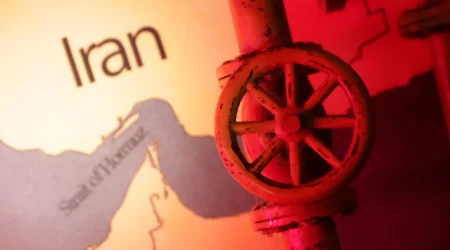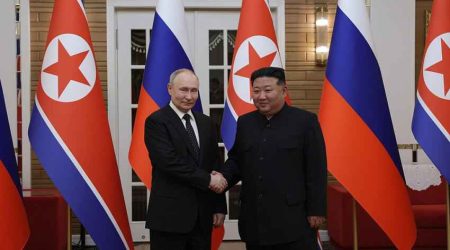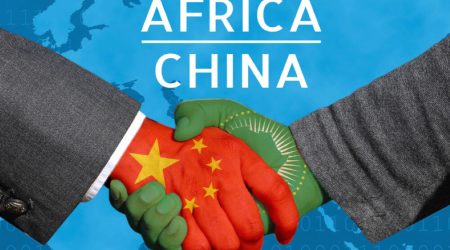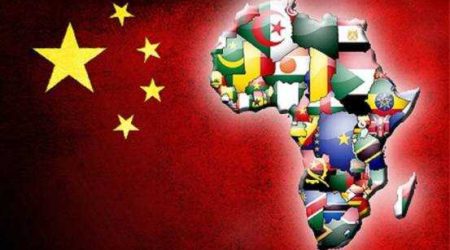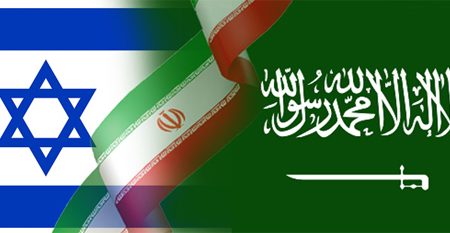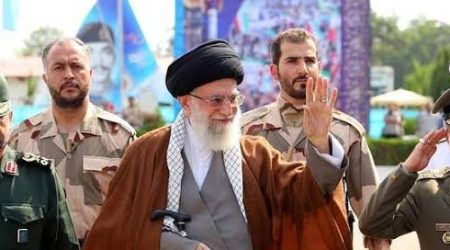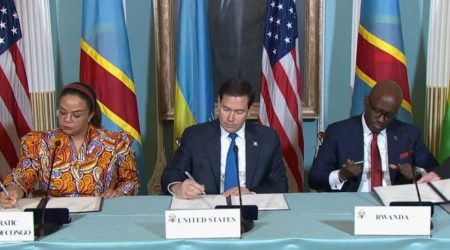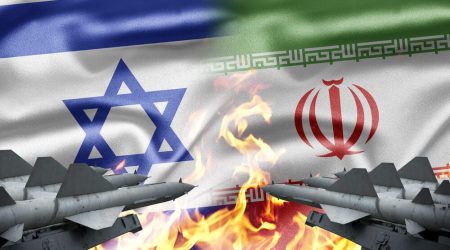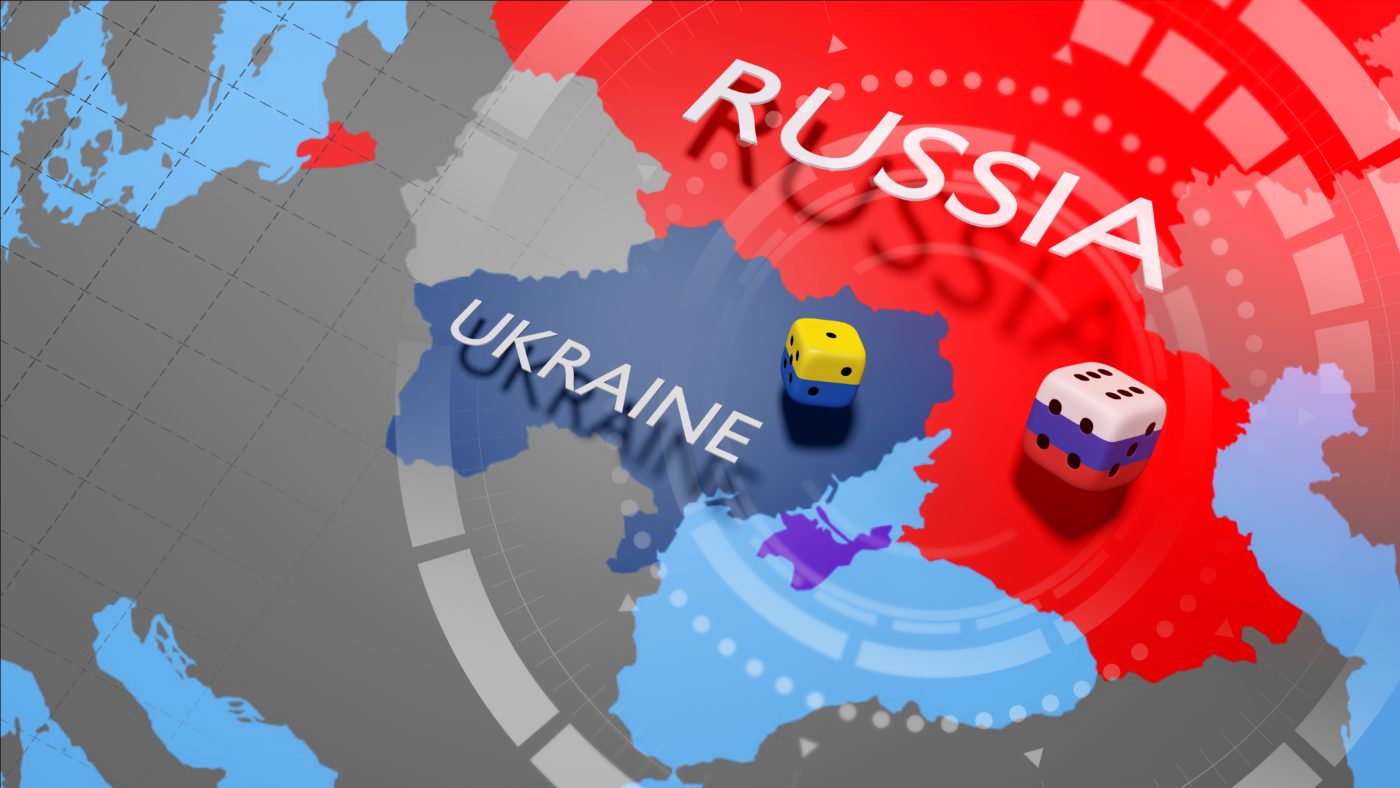
11
Mar
The Weight of Neutrality: Africa’s Delicate Balancing Act in the Russo-Ukrainian Geopolitical THEATER
Bilateral Bonds and Geopolitical Pragmatism
A disquieting silence permeates the hallowed halls of African embassies, a reticence that speaks volumes. Where one might expect fervent pronouncements on the conflagration raging in Ukraine, a hushed reluctance prevails. Diplomats, when approached, offer evasive murmurs, a collective hesitancy that mirrors the broader strategic posture adopted by many African states which is a studied neutrality, a delicate tightrope walk amidst a global schism.
This calculated ambiguity, now marking the third year of Russia’s incursion, is not born of apathy, but rather a complex interplay of economic exigencies, historical resonances, and a burgeoning desire for sovereign agency.
The genesis of this reticence lies, in no small part, within the realm of economic pragmatism. As Emmanuel Dupuy, president of the Institute for European Perspective and Security Studies (IPSE), astutely observes, a significant cohort of African nations remains inextricably linked to the ebb and flow of Russian and Ukrainian agricultural exports. Cereals and fertilizers, vital sustenance for burgeoning populations, render these nations vulnerable to the vagaries of the conflict. To sever ties with either protagonist would be to court economic instability, a risk few are willing to undertake.
This economic dependence, however, does not preclude a nuanced diplomatic dance. Some states, like Morocco, engage in a delicate balancing act, navigating the treacherous currents of geopolitical expediency. Morocco, caught between its desire to bolster its position on the Western Sahara through alignment with Ukraine and its need to maintain a constructive relationship with Russia, a key player in the UN Security Council, exemplifies this pragmatic approach.
Dr. Serigne-Bamba Gaye, a consultant in geopolitical issues, aptly labels this “African pragmatism,” a strategic flexibility born of necessity. Africa, he argues, seeks to maintain open channels of communication with all its partners, a testament to its burgeoning role as a pivotal player in the global arena. South Africa, a member of the BRICS alliance alongside Russia, further illustrates this point, simultaneously engaging with Ukraine while solidifying its strategic partnership with Moscow.
The African continent, in turn, has become a veritable battleground for diplomatic influence, a stage upon which Moscow and Kyiv vie for support. Their arsenals are not composed of tanks and artillery, but rather of strategic narratives and symbolic gestures. Ukraine, invoking the specter of illegal invasion, seeks to resonate with African nations that bear the scars of colonial subjugation, emphasizing the inviolable right to self-determination. The Summit on Peace in Ukraine, held in Switzerland, serves as a testament to Kyiv’s proactive diplomatic engagement, a concerted effort to forge alliances and garner support.
Russia, conversely, leverages its network of historical alliances, employing an anti-Western rhetoric that strikes a chord with certain African states. Oumar Keita, a former Malian ambassador, elucidates this dynamic, highlighting the African wariness of Western pronouncements on human rights, which are often perceived as echoes of a colonial past. While Russia’s democratic credentials may be questioned, its stance against perceived Western imposition resonates with those who seek to assert their independence.
The delicate dance of neutrality is further exemplified by Senegal. Macky Sall, in his capacity as the then-chairman of the African Union, engaged with Ukrainian President Volodymyr Zelenesky on the Grain from Ukraine programme, a humanitarian initiative aimed at alleviating food insecurity. Yet, he refrained from a definitive break with Russia, a vital source of energy and military exports.
However, the edifice of strategic neutrality is not monolithic. The Sahel region, in particular, has witnessed a notable shift in allegiances. Mali, once an abstainer in UN votes on Ukraine, has now aligned itself with Russia, a reflection of the deepening ties between Bamako and Moscow. This realignment was precipitated by accusations from Kyiv regarding the use of Ukrainian intelligence by Malian armed groups, a charge that Bamako deemed an unacceptable act of interference. The presence of Wagner Group mercenaries in Mali, fighting alongside the Malian army, further solidifies this rapprochement.
Burkina Faso, along with its Alliance of Sahel States partners, has followed suit, demanding UN action against Ukraine, a clear departure from its previous stance. This shift, according to Keita, is rooted in a sense of disillusionment with the West, a perception of abandonment in the fight against terrorism.
The global landscape itself has undergone a transformation, contributing to Africa’s evolving posture. As Dr. Gaye posits, the unity of the Western bloc has fractured, exemplified by the rise of figures like Donald Trump, who have challenged the unwavering support for Ukraine. This fragmentation has created space for African nations to assert their agency and navigate the conflict on their own terms.
Despite its pragmatic approach, Africa grapples with internal challenges that limit its diplomatic influence. Conflicts in the Sahel, Central Africa, and Sudan present formidable obstacles to a unified continental strategy. Dr. Gaye underscores the need for “assertive pragmatism,” a proactive approach to resolving internal crises and projecting influence on the global stage. Without such a strategy, Africa risks remaining a peripheral player in the shaping of global affairs.
Africa’s response to the Ukrainian conflict is a complex tapestry woven from threads of economic necessity, historical grievances, and a burgeoning desire for sovereign agency. The continent’s strategic neutrality, while seemingly passive, is a calculated maneuver, a testament to its evolving role in the global arena. However, internal challenges and the fragmentation of the Western bloc present both opportunities and obstacles.
To truly assert its influence, Africa must cultivate a cohesive strategy, one that addresses its internal crises and allows it to project its voice on the international stage. The veiled calculus of African diplomacy, therefore, is not a sign of weakness, but rather a reflection of a continent striving to define its own destiny amidst the turbulent currents of global politics. The world watches, keen to see how this complex and evolving narrative unfolds.
By Horn Review Editorial


